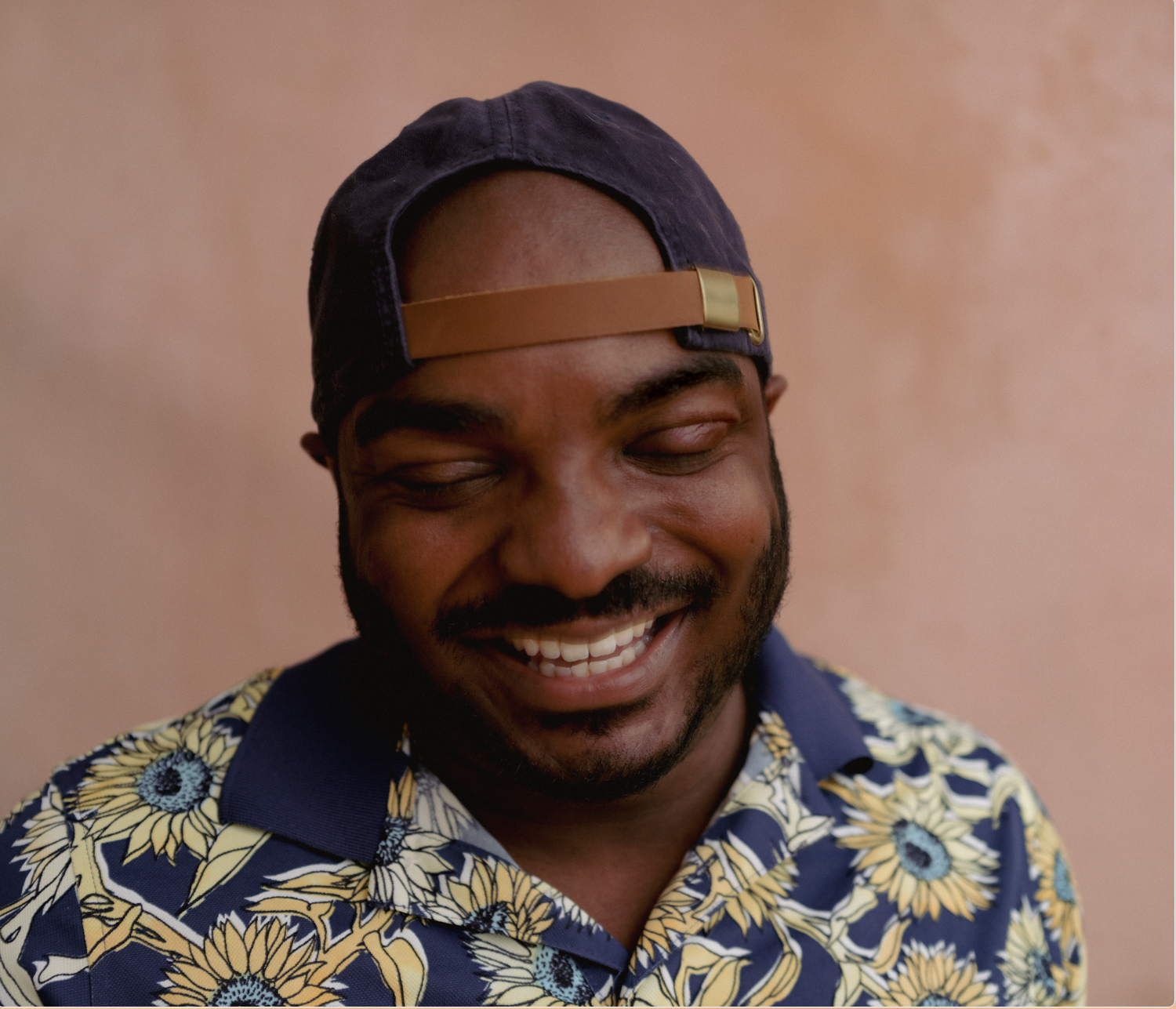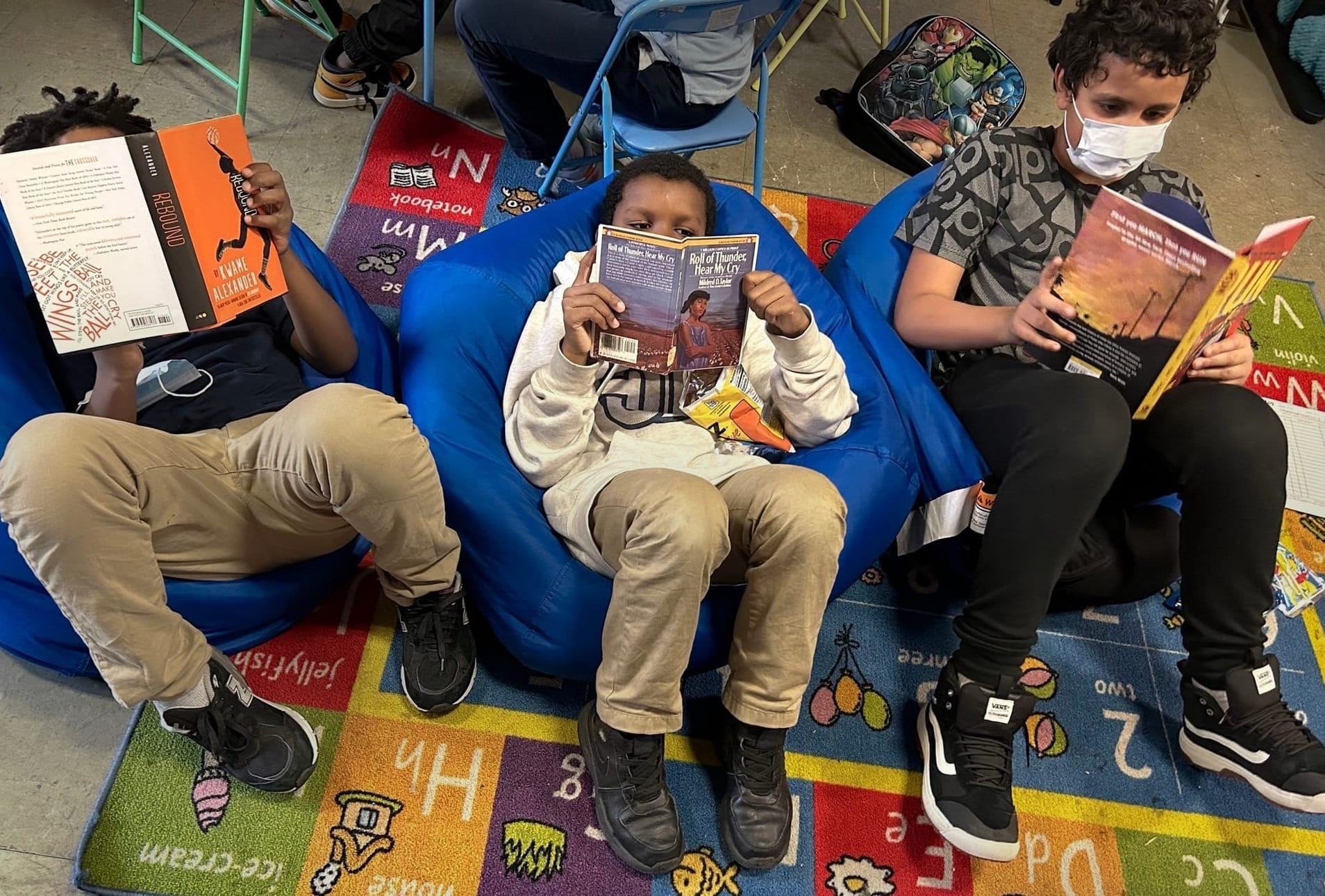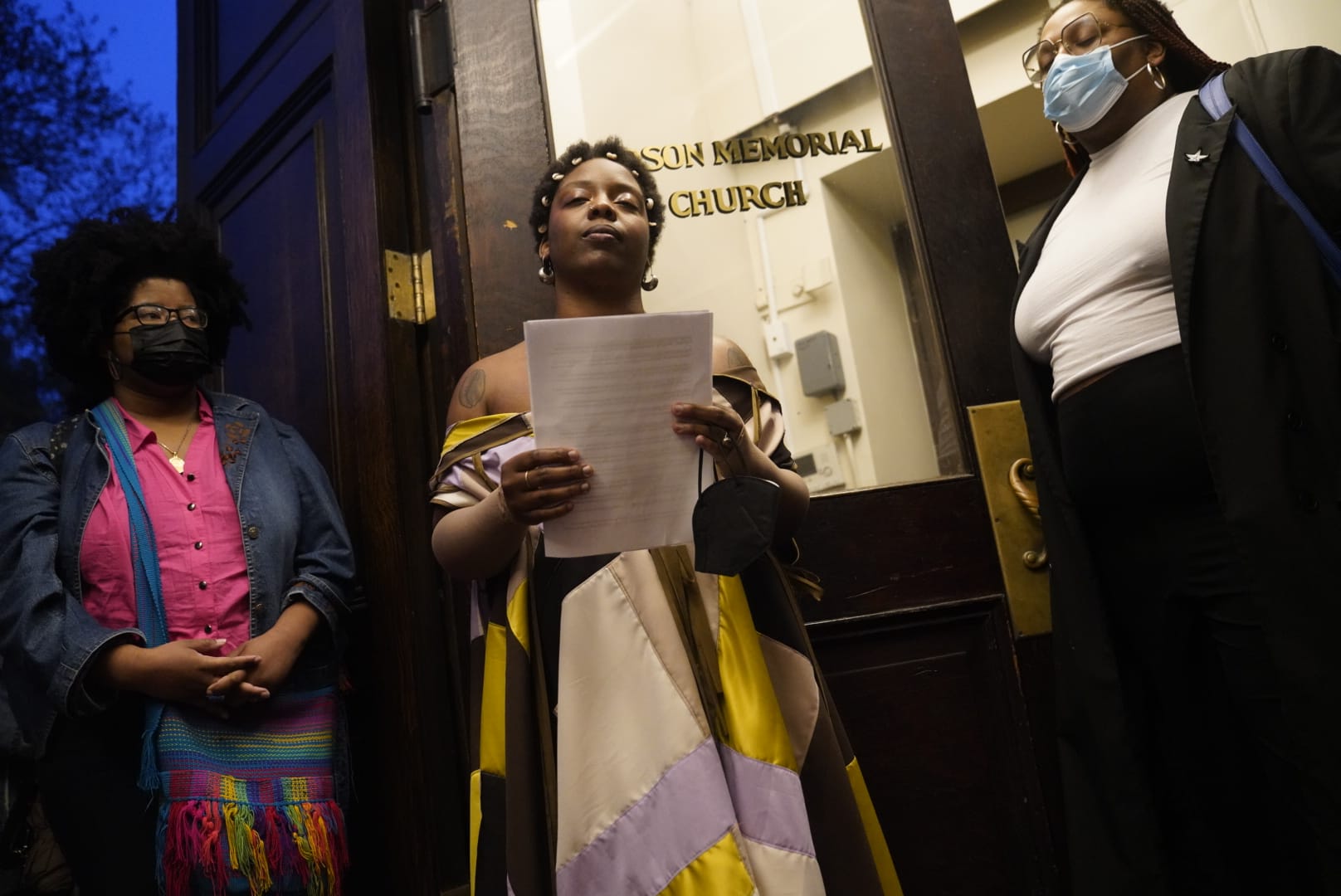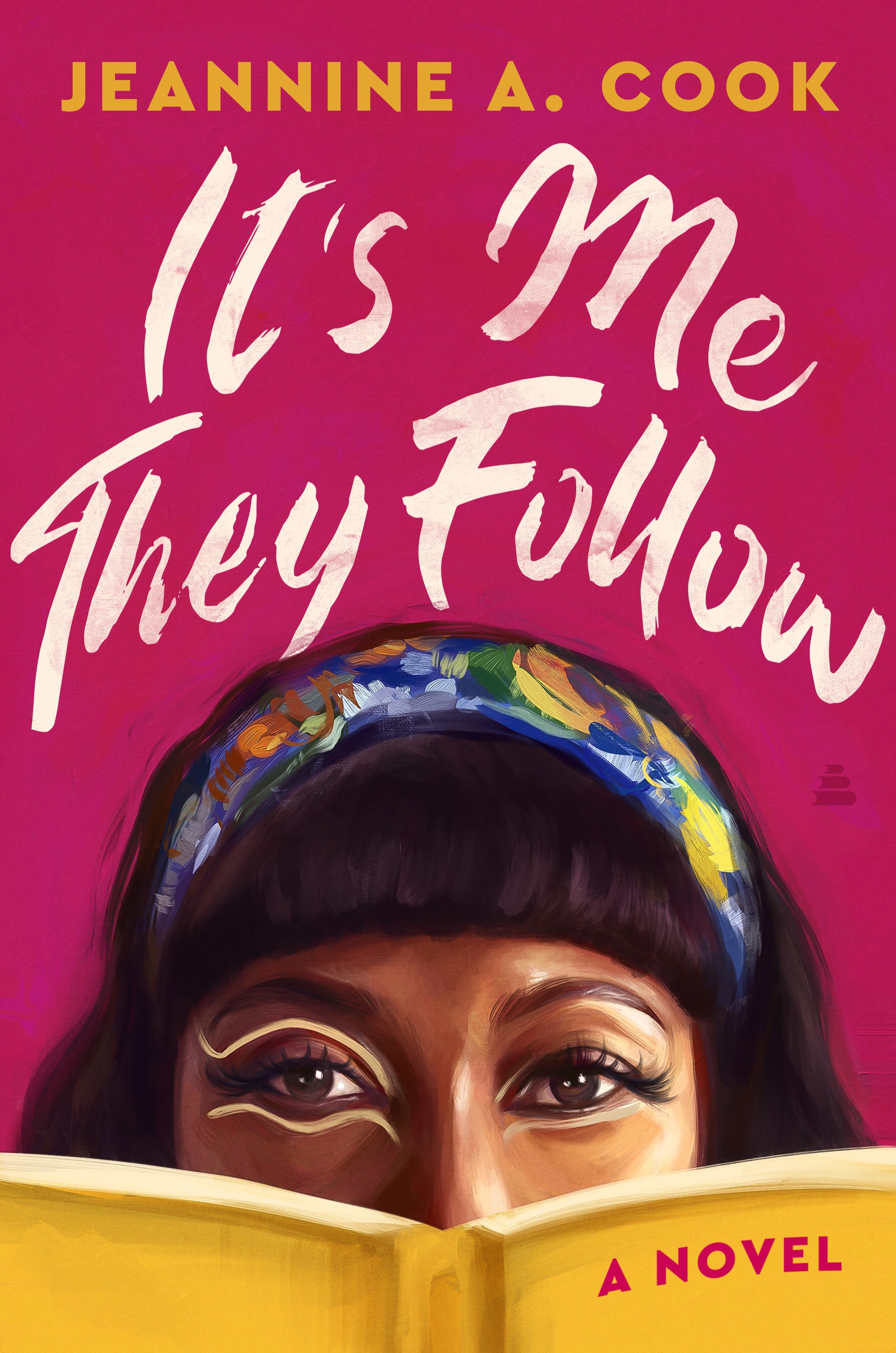Joseph Earl Thomas: Writing with Blood, Nerve, and Unbearable Beauty
Few writers capture the raw essence of coming-of-age with as much intensity and lyricism as Joseph Earl Thomas.
Few writers capture the raw essence of coming-of-age with as much intensity and lyricism as Joseph Earl Thomas. Dubbed “all blood and nerve and near-unbearable beauty” by Carmen Maria Machado, Thomas has carved out a space in contemporary literature that bridges personal struggle with cultural critique. His award-winning memoir, Sink, is a testament to resilience, chronicling his journey from an upbringing defined by deprivation and abuse to the liberating world of geek culture—a community he forged on his own terms.
Thomas’ literary impact extends far beyond Sink. His novel, God Bless You, Otis Spunkmeyer, won the Center for Fiction First Novel Prize, solidifying his reputation as a formidable storyteller. His works have been featured in The Kenyon Review, n+1, VQR, and Gulf Coast, with NPR, The New York Times, and Kirkus recognizing his contributions to literature. An excerpt from Sink garnered him the 2020 Chautauqua Janus Prize, further proving his mastery of narrative.
Beyond his writing, Thomas is deeply embedded in the literary world. As the former Director of Programs at Blue Stoop, Philadelphia’s premier literary hub, he has played a crucial role in fostering an inclusive community for emerging writers. His dedication to literary mentorship extends to Sarah Lawrence College, where he teaches aspiring writers.
Thomas' intellectual pursuits are as expansive as his storytelling. He holds an MFA in prose from the University of Notre Dame and is pursuing a PhD in English at the University of Pennsylvania. A Fulbright Fellow and Anisfield-Wolf Fellow, he examines race, masculinity, and everyday Black life, amplifying voices that are often marginalized in mainstream discourse. His research is informed by his deep engagement with literary theory, philosophy, and social critique.
Looking ahead, Thomas has a short story collection titled Leviathan Beach in the works, further cementing his place as a writer unafraid to push boundaries. His storytelling—whether through memoir, fiction, or academia—continues to challenge conventions, offering new perspectives on identity, survival, and imagination.
Joseph reflected on the responsibilities of being a writer in today’s political landscape and the intricacies of adaptation across mediums. From the outset, he questioned the relationship between a writer and their work, wondering whether separating the two is possible. “I think I used to say I didn’t want anybody to know anything about me,” he admitted. Yet, as a nonfiction writer, much of his work is deeply personal. More than anything, he wants people to understand the importance of risk—not just in writing but in how we engage with the world. “Risk with the kinds of intimacy you’re willing to have with other people, how serious you’re willing to be about your work, friendships, and loved ones.”
For Joseph, seriousness means an ongoing willingness to be wrong and to push forward despite discomfort. “Seriousness means having a willingness both to be wrong and to admit that wrongness, and to push in directions that might be uncomfortable for both you and other people —consistently.”
This philosophy informs his work in nonfiction. Writing, for him, is a journey of discovery, often leading him to unexpected places. Sink began as an attempt to dismantle hero narratives but transformed into a meditation on childhood and memory. “I also learned a lot about my family because I was asking them what they remembered. And I kind of built the book off of that, rather than it being about any particular thing that I wanted or remembered.”
With an increasing readership, Joseph admitted to feeling a shift in how he approaches his work. “When you don’t think anybody’s watching, you can grow in a different way. But when people are watching, you become mindful of what you’re doing.” The challenge, then, is to maintain authenticity and resist writing simply to meet expectations.
He also acknowledged the troubling state of publishing today, where books about identity and social justice face heightened scrutiny. “The ramping up of modes of fascism is so bad in the long run, not only because of the harm it causes to people but because it also destroys intellectual culture for years to come.”
As a writer, Joseph embraces adaptation, recognizing that different mediums allow for different kinds of storytelling. “I don’t like thinking that the book is the ‘bible’ of a story. The book, the movie, the television show, the manga—they’re all different things, and I’m okay with them being different. That’s what makes adaptation exciting.”
When discussing how his novel God Bless You, Otis Spunkmeyer—which takes place over a single day—might be adapted for television, Joseph pointed to shows like Atlanta and The Pitt as inspirations for episodic structures that unfold in unexpected ways. “Each episode could focus on a different day or a different encounter from the protagonist’s past, while the main story plays out in the present.”
Currently on a Fulbright in Oaxaca with his children, Joseph is excited about their immersion into a new culture and language. “I’m looking forward to seeing how well we’ll be able to communicate in Spanish by the end, and whether that will help us think outside of a U.S.-centric imperialist frame.”
Joseph Earl Thomas is a writer who is not only committed to his craft but also deeply invested in the world around him. Whether through nonfiction, memoir, or adaptation, his work challenges readers to engage more thoughtfully, take risks, and embrace the uncomfortable spaces where growth happens.
And for Joseph, that’s exactly what serious writing is all about.






